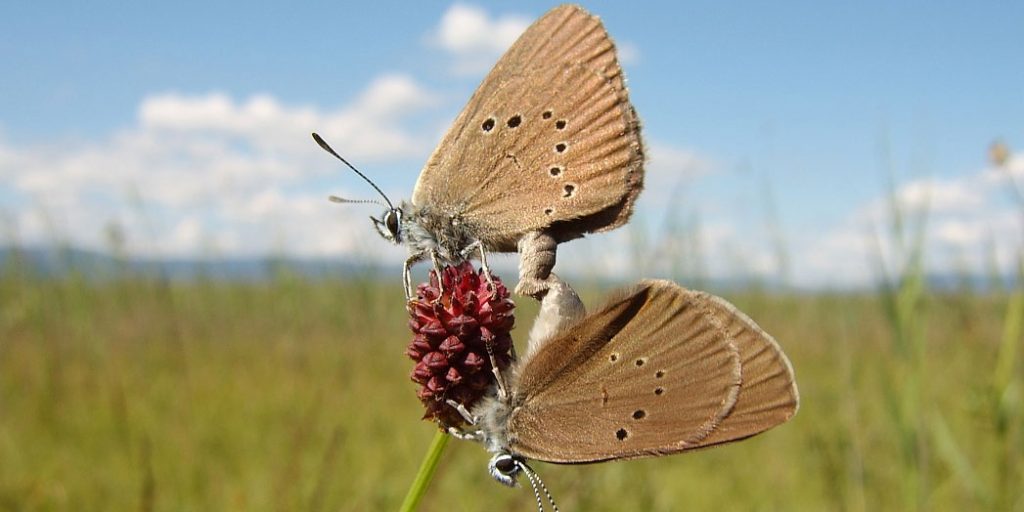Governments are falling short of their 2010 pledges to restore nature and ecosystems by 2020 as UN-led discussions start today in South Korea, according to new research by Friends of the Earth Europe and CEEweb for biodiversity.
The meeting is close to the halfway mark to the 2020 target date, but it will reveal that individual nations and trade blocs are not on course to meet their commitments to reverse biodiversity decline. Without concerted effort over the next few years, governments are set to miss their own deadlines. [1]
Friedrich Wulf, biodiversity campaigner at Friends of the Earth Europe, said “Four years ago, governments met in Japan to discuss their failure to meet their 2010 biodiversity goals. Today, the talks look set to be depressingly similar: after four years, there has been little action to suggest that governments are serious about meeting their commitments and responsibilities to nature.”
The UN’s own mid-term review of progress towards the 2020 goals, published today, also recognises the level of inaction and demands genuine progress.
According to an advance copy of the review, “[the current rate of] progress will not be sufficient to achieve the targets unless further urgent and effective action is taken to reduce the pressures on biodiversity and to prevent its continued decline.”
The problem is particularly acute in Europe, according to Friends of the Earth Europe and CEEweb for biodiversity, whose new research shows that, in the 20 countries surveyed:
- No country has yet banned subsidies that are detrimental to biodiversity, and most are yet to identify them all
- Funding for protected areas and biodiversity is insufficient across the board, with biodiversity-related expenditure below 0.1% of the budgets of every country other than Norway and Switzerland
- Hungary aside, none of the countries assessed have yet finalized their Natura 2000 site designation process – an essential move towards creating conservation areas in the EU
- Less than 1% of agricultural land is used for sustainable organic farming in eastern non-EU countries, in contrast to Switzerland (12%) and Estonia (15%)
- Despite conservation efforts, the state of habitats has not improved since 2007, with still only 16% having favourable conservation status. They are best off in Romania and Estonia (where 63% and 51% of Natura 2000 habitats have favourable conservation status), and worst off in the UK (7%)
These disappointing results come at a time when the EU is considering re-writing its nature laws as well as legislating for controversial ‘biodiversity offsetting’ measures, which could allow the destruction of ecosystems in one place to be ‘offset’ by increased protections for others elsewhere.
Friedrich Wulf continued: “there are grave concerns that European governments, instead of acting on their commitments to protect and restore nature and ecosystems, are commodifying nature and spending time and money promoting unproven initiatives like biodiversity offsetting. This would deliver a ‘license to trash’ – it would be a conservation disaster.”
As a result of inadequate progress, the meeting is likely to demand renewed effort to catch up and put nations on course for 2020. Friends of the Earth Europe is calling on governments to follow the call for “urgent and effective action”, step up public funding for biodiversity conservation, scrap false solutions like biodiversity offsetting, and put nature first.
***
Notes:







